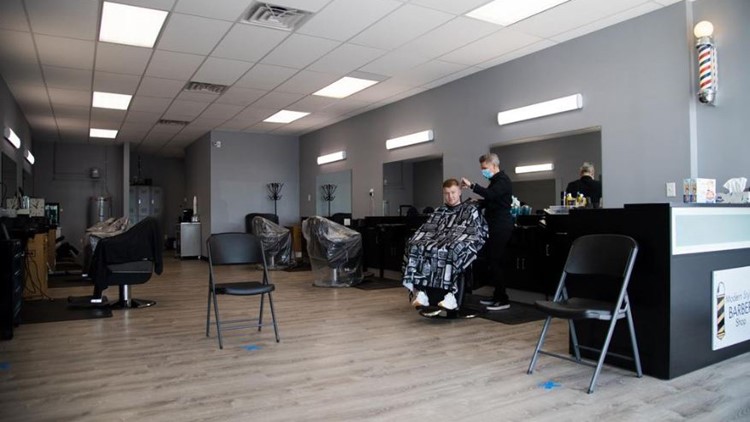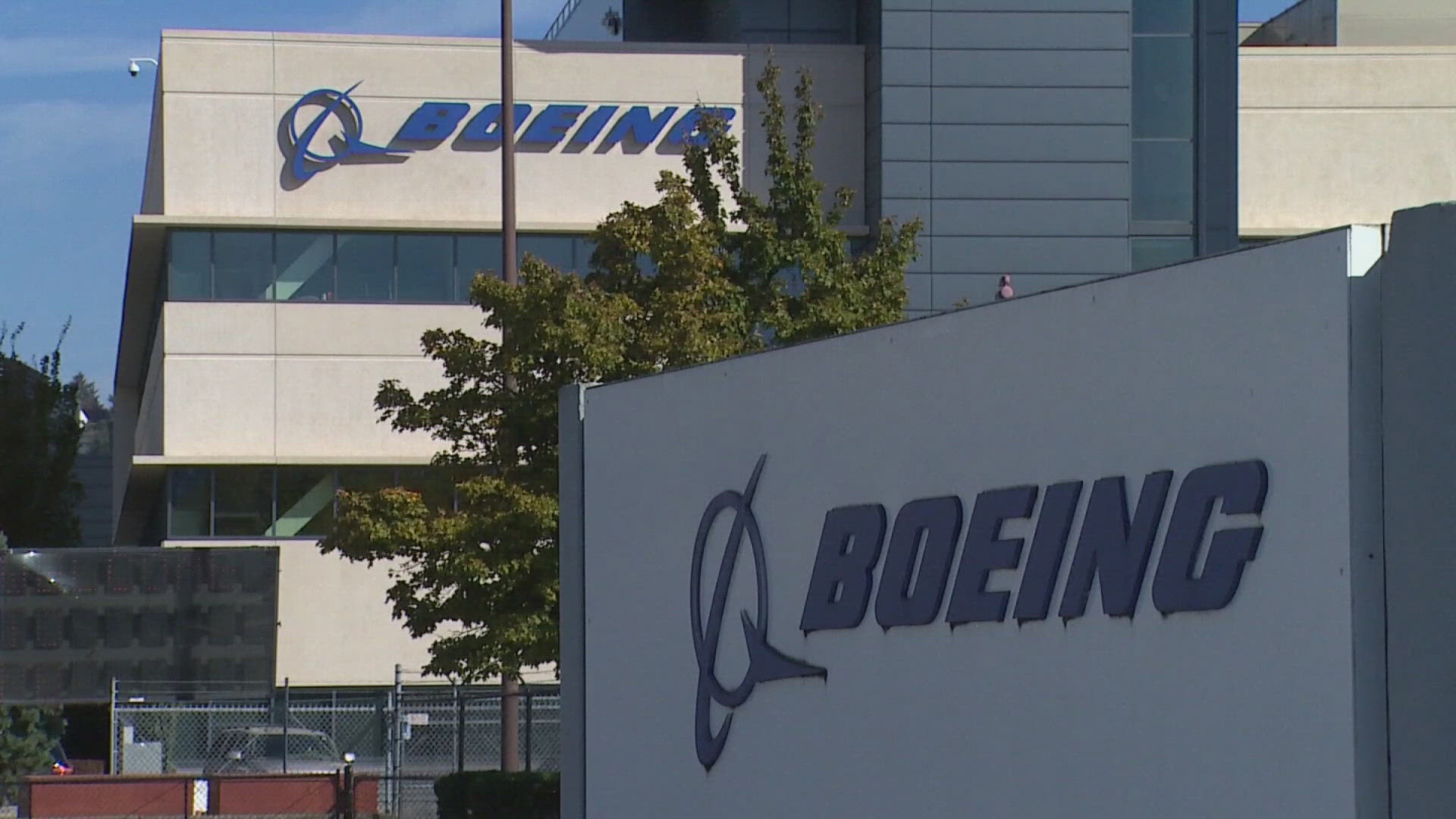ST. LOUIS — Many of the recommendations are obvious: clean more, distance people, install barriers, and wear masks and gloves.
But the city of St. Louis' plan to gradually restart its economy, which starts Monday, also contains some innovative solutions for curbing the spread of COVID-19 — created with input from businesses across sectors.
Officials said Terry Crow, University City's mayor and a Great Clips franchisee, helped craft salon procedures. Kitty Ratcliffe, head of tourism agency Explore St. Louis, and her marketing chief, Brian Hall, worked on guidance for hotels and retail. A Regional Chamber executive, Austin Walker, sought ideas for manufacturing. Downtown STL CEO Missy Kelley did the same for commercial office buildings. And top restaurateurs from Niche Food Group, Baileys Restaurants and Hamilton Hospitality weighed in on reopening restaurants to dine-in customers.
"This was not the government, top down. It was the business sectors saying, this is how we should operate," said Linda Martinez, the city's deputy mayor for development. "It was quite an amazing process."
For example, Kelley said she compiled a group of about 15 commercial office brokers from across the region to discuss things such as traffic control. It met on May 1 and May 8.
"Cushman & Wakefield was especially helpful in providing their operational guidelines for reopening," Kelley said, adding that the Building Owners & Managers Association also shared information. She said edits resulted in "directive language" rather than words like "consider."
"In the end the protocols do seem both practical and effective," Kelley said.
Some of the ideas ultimately OK'd by the health department and St. Louis Metropolitan Pandemic Task Force:
- Have customers waiting for salon appointments sit in their cars.
- Ban outside food and drink, as well as "unnecessary items" such as magazines and paper products.
- Reduce the number of employees on each shift, and keep the make-up of shifts the same.
- Implement a clockwise or counterclockwise traffic flow for office buildings, preventing people "from crossing paths when entering and exiting."
- Prop open hotel doors, and check temperatures of arriving guests. In case of a temperature of more than 100.4 degrees, have transportation ready to take them to a local health facility.
- Consider reservation-only models for restaurants, and work with governments to expand outdoor seating.
- Limit elevator rides to no more than three people.
Click here for the full story.
More from the Business Journal
- Find out which area health care groups, senior living facilities got stimulus money — and why it isn't enough
- Crippled by COVID-19, Delmar Loop restaurant won't reopen
- Inside a south county restaurant's unique interpretation of dining in the COVID-19 era
- Ballpark Village apartment tower nears completion as Cardinals mull district’s reopening plan
- How a $12M St. Louis cabinet maker, launched in a pig pen, is using its PPP money
- Vladimir Tarasenko’s Creve Coeur home finds a buyer



